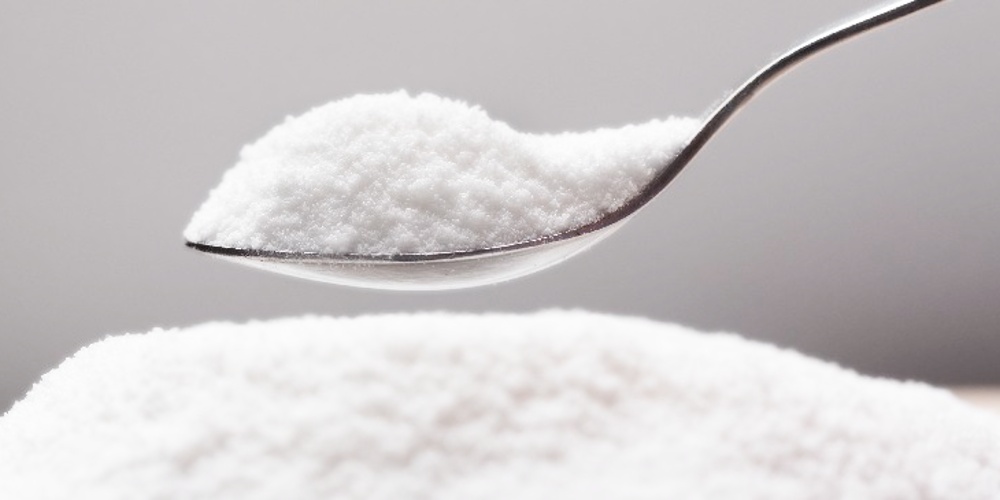According to a study conducted by the Florida State University (FSU) College of Medicine, the artificial sweetener aspartame, commonly found in sugar-free or “diet” foods and drinks, has been associated with potential problems related to memory and learning.
The research, published in the journal Scientific Reports, involved male mice that consumed aspartame at levels considered safe by the FDA. The study found that these mice had offspring that displayed deficits in spatial learning and memory. The FSU press release stated that the aspartame-consuming groups took longer to complete a maze task and required additional assistance compared to the control group that only consumed water.
During the 16-week study, the researchers divided the mice into three groups. The first group consumed 15% of the FDA’s recommended daily intake of aspartame, equivalent to four 8-oz. sodas. The second group consumed 7% of the recommended intake, or two 8-oz. sodas daily. The third group acted as a control and only consumed water. The mice were tested in mazes every four weeks, and the ones that consumed water consistently performed better and found the designated safe area in the maze more quickly than those that consumed aspartame.
Co-author Pradeep Bhide, an eminent scholar chair of developmental neuroscience, mentioned that while there may be some overlap between learning, memory, and anxiety, the observed impacts on memory and learning caused by aspartame consumption were distinct and involved a separate brain network.
Bhide also noted that the effects were limited to one generation, suggesting that these changes occurred due to epigenetic alterations in the sperm rather than being passed down through multiple generations.
Based on these findings, Bhide suggested that the FDA should take a closer, multi-generational approach to examining the effects of aspartame. This suggestion aligns with the recent classification by a World Health Organization (WHO) committee that labeled aspartame as “possibly carcinogenic to humans.” However, the cognitive effects of aspartame have not been addressed by WHO.
Dr. Kelly Johnson-Arbor, a medical toxicology physician, commented on the FSU study but was not involved in it. She suggested that even low-level consumption of aspartame may contribute to memory and learning problems that could be hereditary across generations. Johnson-Arbor also mentioned that the study’s findings suggest that aspartame might cause genetic changes in sperm that could affect future generations. However, she pointed out that previous studies did not demonstrate a similar association between aspartame consumption and memory and learning.
One of the limitations of the FSU study is that it was conducted on mice, so it may not be directly applicable to the effects of aspartame on the human brain. Further studies involving aspartame and other artificial sweeteners are ongoing, and concerned individuals may want to limit their consumption of artificial sweeteners until the true health risks are clarified.
Industry experts, including the Calorie Control Council, defended the safety of aspartame in response to the FSU study. The president of the Calorie Control Council stated that the study’s results should not be extended to humans, as there is no proven link between low- and no-calorie sweeteners and cognitive impairments like memory loss and learning deficiencies in humans. He emphasized that numerous global health organizations have deemed aspartame safe after rigorous assessments.
In conclusion, while the FSU study raises concerns about the potential impact of aspartame on memory and learning, further research is needed to establish definitive conclusions. The safety of aspartame is supported by existing evidence and assessments from global health organizations. Individuals who are concerned about the effects of artificial sweeteners, including aspartame, may choose to limit their intake until more conclusive evidence is available.
Article generated from corporate media reports.

It’s becoming increasingly clear that fiat currencies across the globe, including the U.S. Dollar, are under attack. Paper money is losing its value, translating into insane inflation and less value in our life’s savings.
Genesis Gold Group believes physical precious metals are an amazing option for those seeking to move their wealth or retirement to higher ground. Whether Central Bank Digital Currencies replace current fiat currencies or not, precious metals are poised to retain or even increase in value. This is why central banks and mega-asset managers like BlackRock are moving much of their holdings to precious metals.
As a Christian company, Genesis Gold Group has maintained a perfect 5 out of 5 rating with the Better Business Bureau. Their faith-driven values allow them to help Americans protect their life’s savings without the gimmicks used by most precious metals companies. Reach out to them today to see how they can streamline the rollover or transfer of your current and previous retirement accounts.


